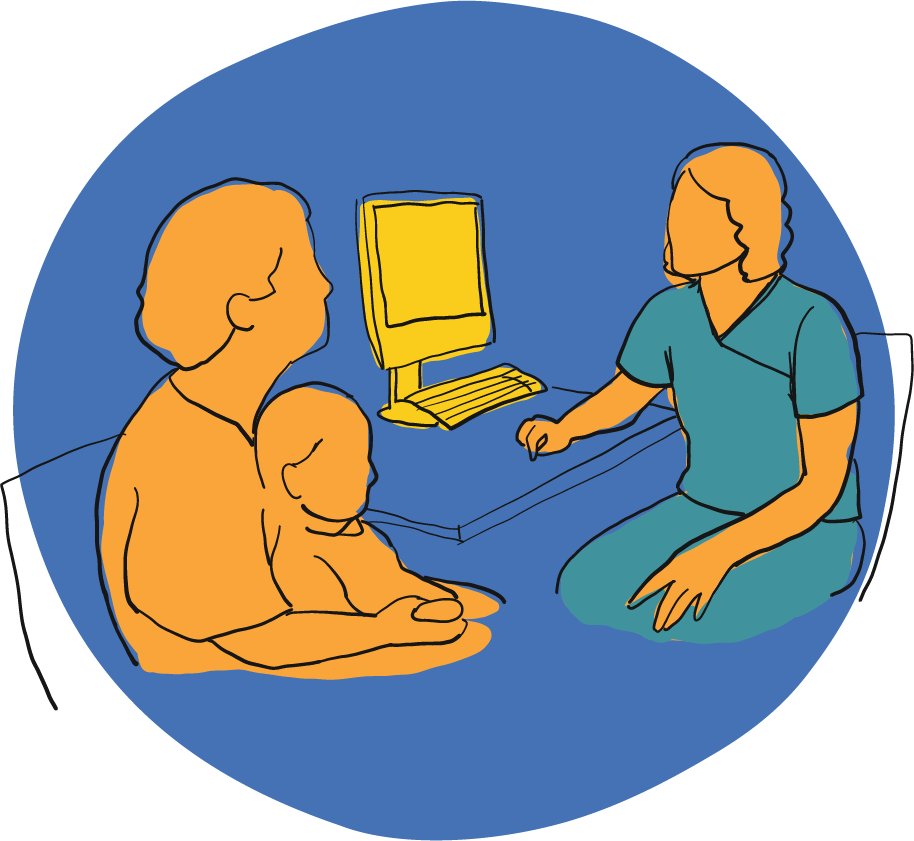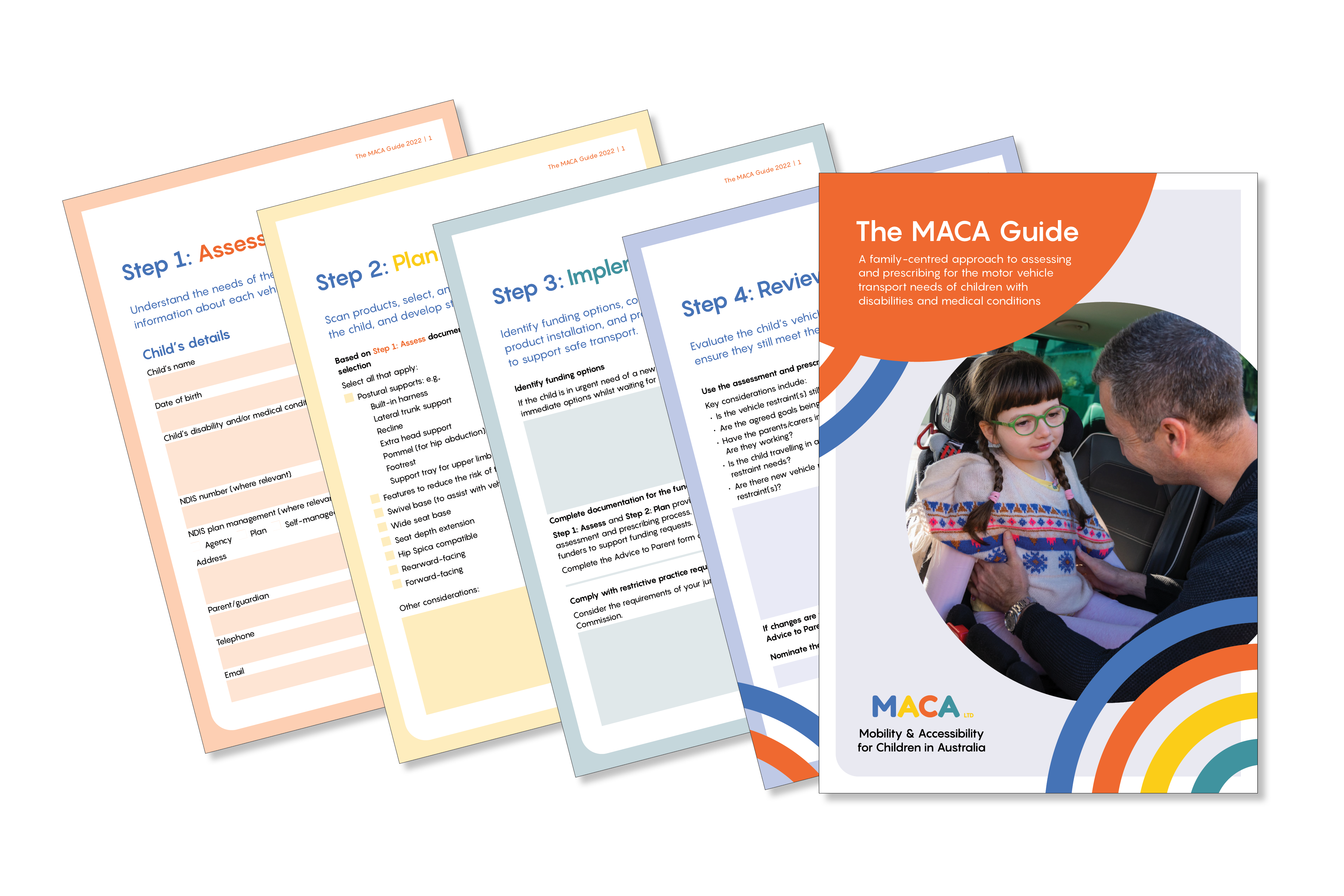AS/NZS 4370

Overview
Title: AS/NZS 4370 Restraint of children with disabilities, or medical conditions, in motor vehicles
Current version: 2013
Status: This standard is now an aged standard, as it is over 10 years old. Since publication in 2013, there has been significant advancements impacting on the relevance and need for this standard.
Objective: This standard aimed to provide guidance for prescribers to assess the need and recommend the most suitable vehicle restraint option for a child with disability or medical condition (under 16 years) while travelling in a motor vehicle. However, as outlined below, this standard is out of date and not informed by evidence.
Scope: The standard outlines a range of options for restraining children (under 16 years) with disabilities and medical conditions in a motor vehicle. It does not include design, construction and performance requirements of restraint types used by children with disabilities and medical conditions.

Towards an evidence-based approach
When AS/NZS 4370:2013 was developed, there was a lack of research and knowledge about some of the restraint types and accessory products included in this standard, such as modified Australian car seats, special purpose car seats and specialty harness/vests.
Since MACA's establishment in 2019, and its Australian Safety Assessment Program, there have been significant advancements in research and knowledge about these product types and their safety.
Key advancements impacting on the relevance and ongoing need for AS/NZS 4370 include:
- research investigating the safety impacts of modifying Australian standard car seats
- project investigating specialty harness/vests
- introduction of a new standard AS 5384:2023, which provides requirements for postural supports (such as specialty harness/vests)
- AuSAP assessments of special purpose car seats
- the introduction of specialist evidence-based training for allied health professionals
- revision of AS/NZS 1754 to include a new section to cater for child restraints for children with disability
- increased awareness of the rights of people with disability to safe transport.
MACA's specialist training, guidelines and prescribing resources are recognised as best practice in Australia today as they are informed by evidence. Over 800 allied health professionals have participated in this online course. These professionals have significant obligations under their professional registration to apply evidence-based practice.




